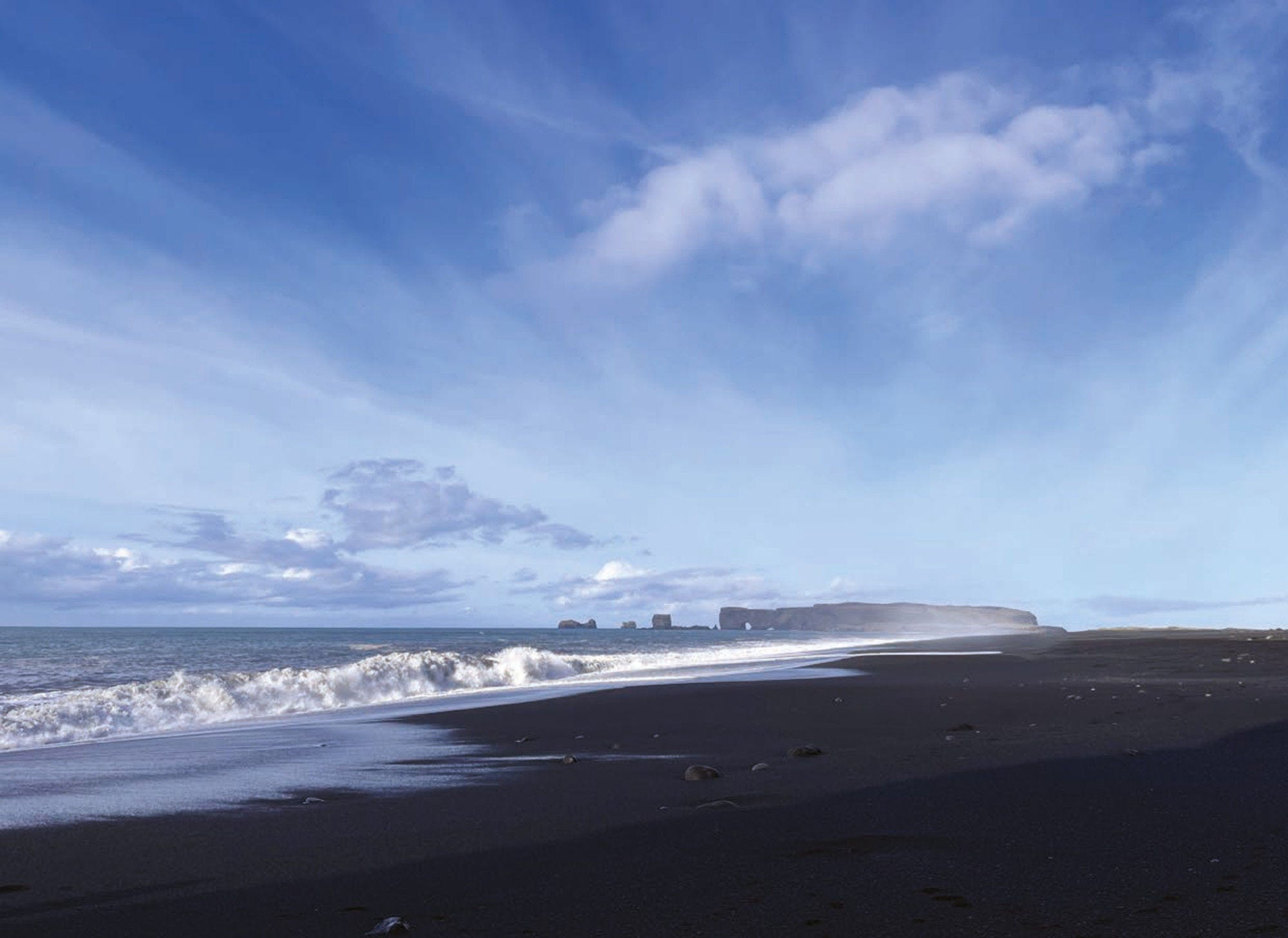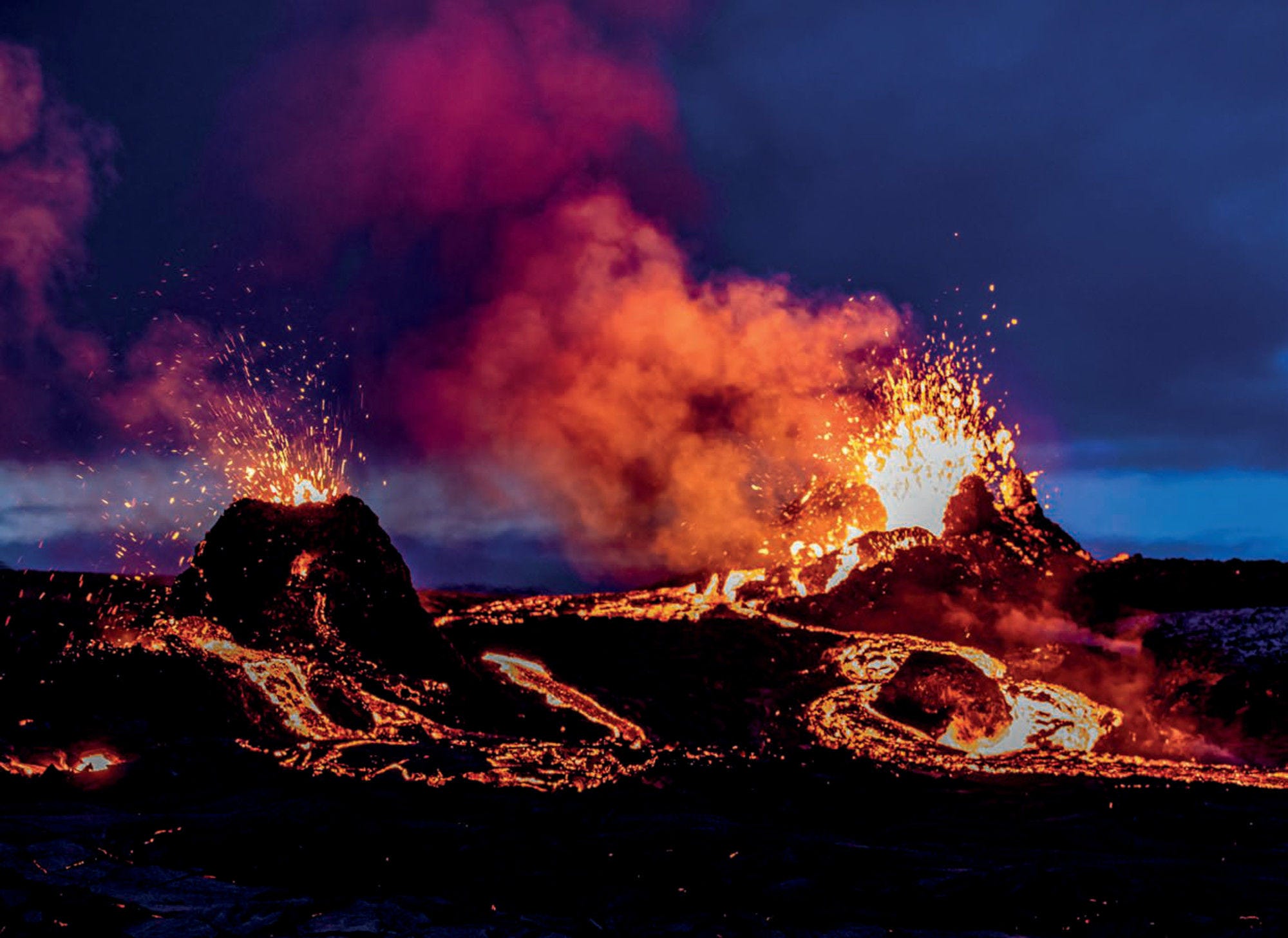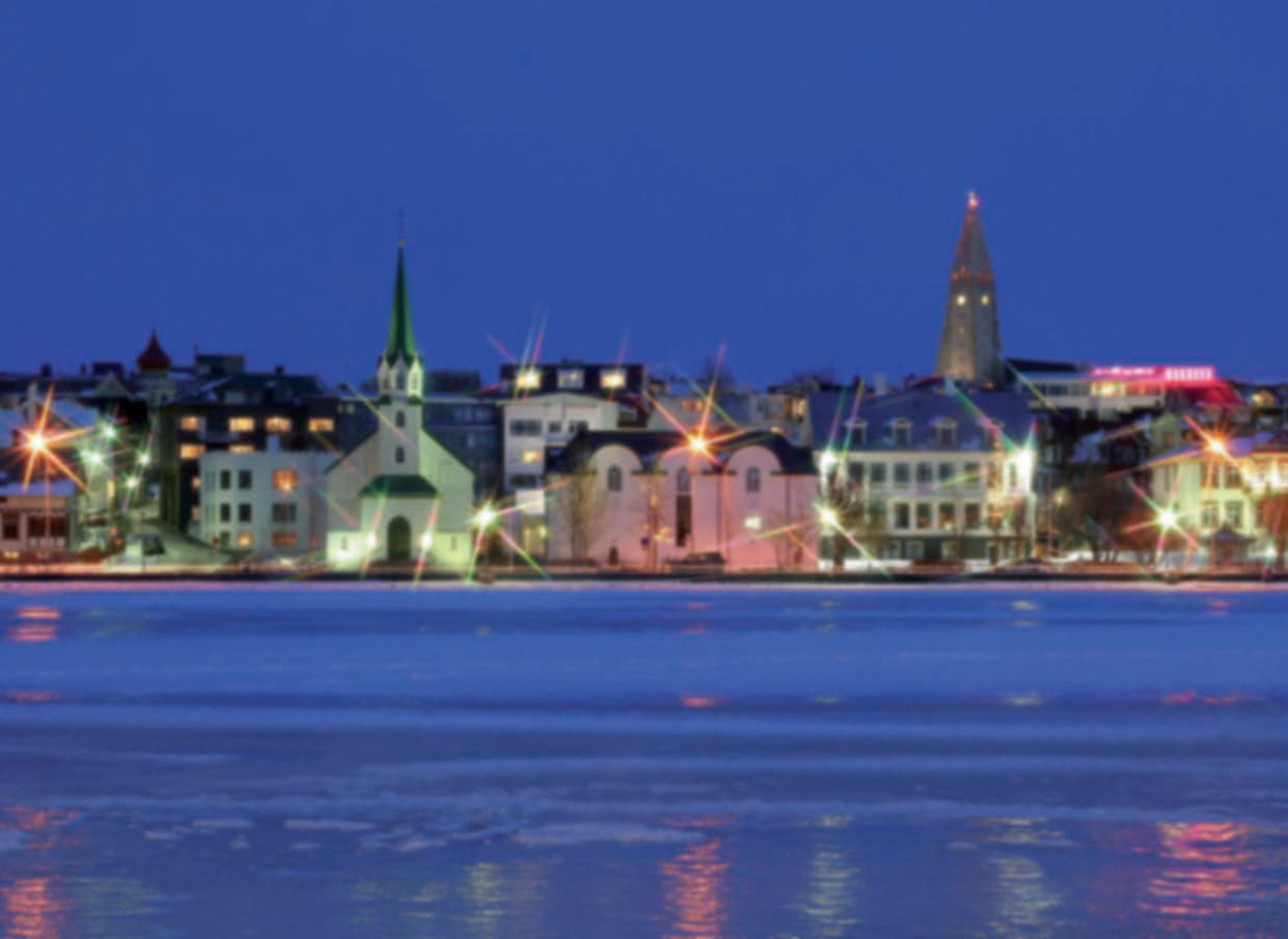Iceland is the OECD's fastest growing economy. It has made a remarkable turnaround from the crisis, helped by booming tourism, prudent economic policies and a favourable external environment. Iceland has an egalitarian society with strong trade unions, very low inequality and high gender balance. Nevertheless, as a very small open economy Iceland is prone to boom and bust cycles. Prudent fiscal and monetary policy are warranted in the current economic boom.
The spectacular growth in tourist numbers has provided new jobs, boosted tax revenues and attracted currency inflows, but there are some growing pains with social pressures emerging. Growing tourist numbers are putting pressure on the environment, infrastructure and housing. Furthermore, the strengthening króna has created difficulties for other internationally-exposed sectors.
Iceland is the most highly unionised OECD country and the wage-bargaining system has contributed to high living standards and an inclusive society. Nevertheless, recent disruptive strikes and high wage awards have intensified inflationary pressures and threaten competiveness. Fostering trust among the social partners and increasing wage coordination would make collective bargaining more effective and help sustain the benefits of the system for future generations.
SPECIAL FEATURES: SUSTAINABLE TOURISM; EFFECTIVE LABOUR RELATIONS














